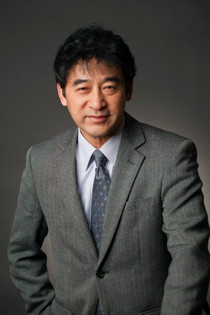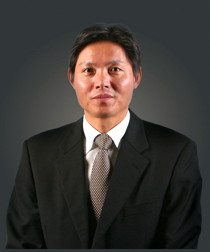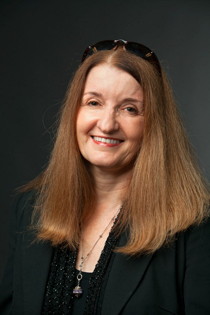NEW FACULTY
Q&A with new members of the faculty
Of more than 100 new faculty members hired this academic year, only a handful have been appointed to permanent or term named professorships, an honor accorded just a few eminent scholars. Ezra posed questions to three holders of named chairs.

Xingzhong Yu See larger image
Xingzhong Yu joined the faculty of Cornell Law School in January as the Anthony W. and Lulu C. Wang Professor in Chinese Law.
What has been the biggest contrast you've noticed between Cornell and some of your previous faculty posts at Chinese universities?
I was with the Chinese University of Hong Kong and taught in many universities in China. Cornell has a much freer intellectual culture, and students are more active in class. I am teaching a seminar on Chinese law this semester, focusing on various problems confronting China's effort to build a country with the rule of law and democracy.
Tell us a bit about your plans at Cornell.
I am sure there will be a lot of challenges ahead. I expect to offer general as well as more specialized courses in Chinese law tailored to the need of Cornell students, develop research projects and assist Cornell faculty members whose interest of research covers various aspects of Chinese law. In addition to doing my own research, I will also devote some time in helping Cornell Law School to establish academic relations with universities and research institutes of Greater China [a term that includes Taiwan]. All these need great care and enormous amounts of energy. I am happy that I now have the opportunity to take up these challenges.

Jintu Fan See larger image
Jintu Fan is the Morgan Sesquicentennial Fellow and Professor and Chair of the Department of Fiber Science & Apparel Design (FSAD) in the College of Human Ecology.
How would you describe your academic focus?
I am interested in the interaction between the human body, clothing and environment from the perspective of human physiology and psychology, and on [that] basis, in engineering apparel with enhanced comfort and aesthetic appeal.
What can you say about your work at Cornell so far? And are you planning any new courses?
I personally developed the exchange program between Cornell FSAD and Hong Kong Polytechnic University. My experience with Cornell students is that they are very smart and confident. I am working with colleagues at FSAD to develop a new Master of Professional Studies in fashion design. This will be the first program in the country to really integrate fashion design with technological advances in fiber science and apparel design – a distinctive strength of Cornell FSAD.

Cathy Caruth See larger image
Cathy Caruth, the Frank H.T. Rhodes Professor of Humane Letters, comes to Cornell from Emory University, where she chaired and helped build the Department of Comparative Literature. She recently published "Literature in the Ashes," a book about the erasure of history and memory in the face of major traumatic events. She is now at work on a book about the fragility and survival of language.
Why did you come to Cornell?
I loved Emory, but it is an institution that gave very little space for writing and time to work. One of the things I like about Cornell is its emphasis on research and writing in the humanities. There's an ethos here that supports the need to take the time to write, to take the time and space to think.
I would frankly like to note that President Skorton's leadership in supporting the humanities was important to me in my decision to come here. I believe that literary study is supported and is not under threat here.
Another of the big appeals to me is the calm and beauty of Olin Library and the strength of its holdings. I have a space – I think actually it's a graduate student carrel – reserved for me there, overlooking the hills. It's a very good place to work.
Describe your work.
Although I was trained in Romantic literature and literary theory, my work for the last 20 years or so has revolved around the study of the experience and theory of trauma. I've explored the attempt to bear witness to it, in psychoanalytic and literary texts, literary theoretical texts, in film and in other areas, including survivor discourse. I've been focused on the enigma of the traumatic memory and traumatic recall. I've been in dialogue with people in a lot of fields – neurobiologists, psychoanalysts, anthropologists, sociologists and artists. Since I began this line of inquiry, the field has burgeoned.